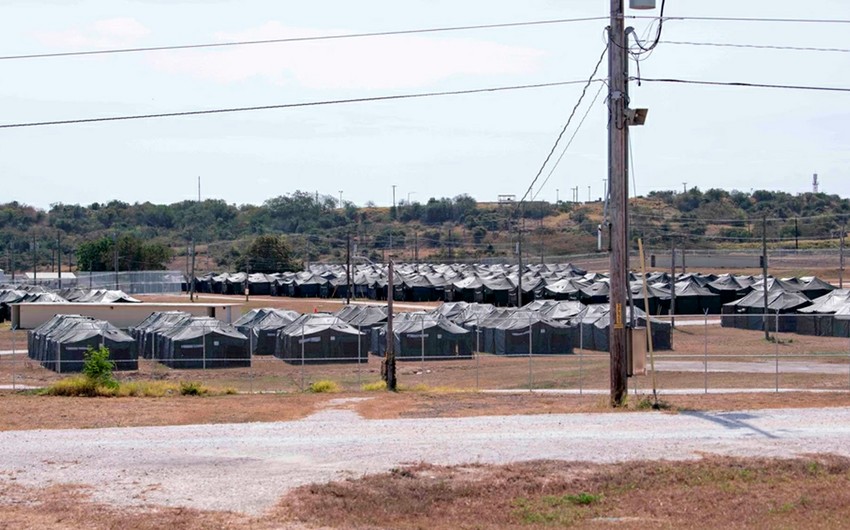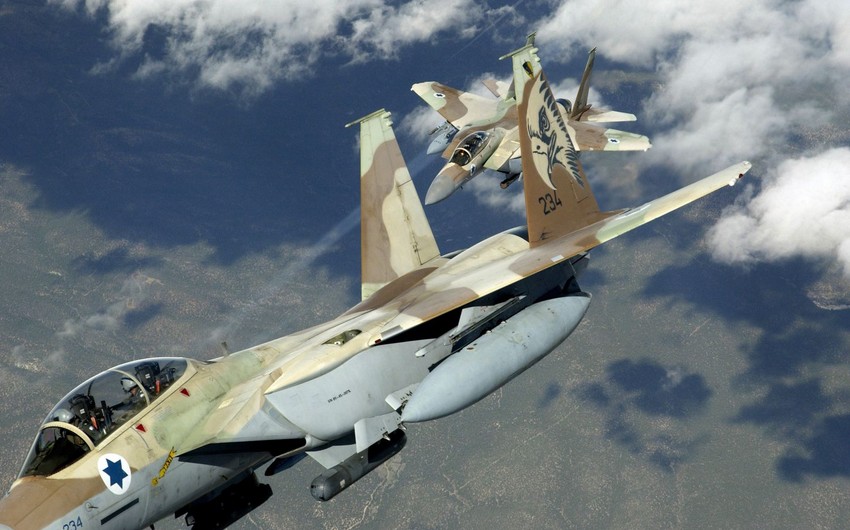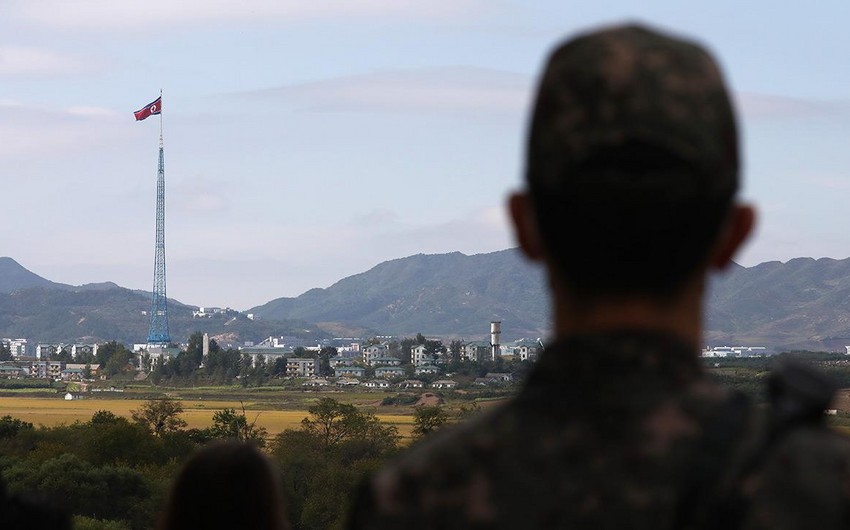Tensions around North Korea grow more serious despite being condemned internationally. The crisis divides super powers with different interests into two sides. Taking into account that North Korea is not rich, there are no any energy resources and it hasn’t geopolitical importance in the region, then why the country draws attentions of the world’s most influential countries in this case? Analyst on North Korea, Maria Rosaria Coduti told Eurasia Diary that, framing the issue in those terms can be not only misleading but also detrimental in order to solve the problem itself.
.jpg)
Maria Rosaria Coduti
Analyst on North Korea
“The international community, above all the Western media, likes to depict North Korea as a global threat ready to destroy the entire world with its missiles and nukes. In turn, this discourse comes from a view of North Korea as an irrational actor led by a crazy leader. However, a deeper and comprehensive analysis reveals that the situation is quite different.”
According to her, no actions or decisions by Kim Jong-Un can be interpreted as sign of instability or irrationality. The fact that the international community seems not recognize the failure of his approach toward North Korea, based on sanctioning and isolating the country, may be symptomatic of an inadequate knowledge of the “North Korea system” as well as of the absence of a serious political willingness to constructively deal with a country like the DPRK. Neither the sixth nuclear test has been a surprise for us observers of the country, not it fundamentally changes the situation of the Korean Peninsula.
“North Korea has worked for decades on its nuclear and missile programs. It has been a long and incremental process that has led the country to achieve these results. The problem is that the international community has never taken this issues seriously, nor has tried to understand the Kim regime’s behaviour from an unbiased point of view, one closer to that of the North Koreans. In the last new year speech, Kim Jong Un explicitly declared that his country would have had an ICBM before the end of the year, and the famous “it won’t happen” affirmation by Trump proves what I think about the underestimation of the DPRK nuclear program.”
Ms. Maria Rosaria said that an increased nuclear capability in the hands of the North Korean regime is viewed as a serious threat to the international peace and security by the majority of governments, which tends to ascribe an offensive nature to the intentions of the of Pyongyang’s leadership. However, the DPRK is fully aware that it would lose a war against the U.S. and its allies and it views the possession of nuclear weapons in a defensive perspective. The belligerent tones of the country’s official propaganda and the actions of the regime fit well with its interests and, as many political scientists have affirmed, “North Korea’s behavior, far from crazy, is all too rational”. This program is intimately related to the regime’s domestic core interests and the leader’s perceptions about both internal and external threats.
The country’s nuclear capabilities guarantee the political survival of the Kim family rule and the legitimacy of Kim Jong Un’s hereditary succession; preserve the independence of the country and facilitate national development by not only keeping external enemies at bay but also delivering internal resources for civilian economy and consumptions. After five years in power, the young leader has been able to consolidate his internal legitimacy and secure his position through the restructuring of the North Korean political system and the implementation of Byungjin line. In this system not only has the party reaffirmed the role of main political actor but also it is linked to the other actors in a way that discourages any competition between party, military and government elites, and makes Kim the undisputed Suryong of North Korea.
Despite the harsh rhetoric that characterizes both the U.S. and the DPRK’s statements, time is still ripe for talks and diplomacy. Until diplomatic and military communication channels will remain closed across the 38th parallel, the tensions and the risk of misperceptions will be high. And this is the actual threat.
Clashing interests of super powers over North Korea crisis
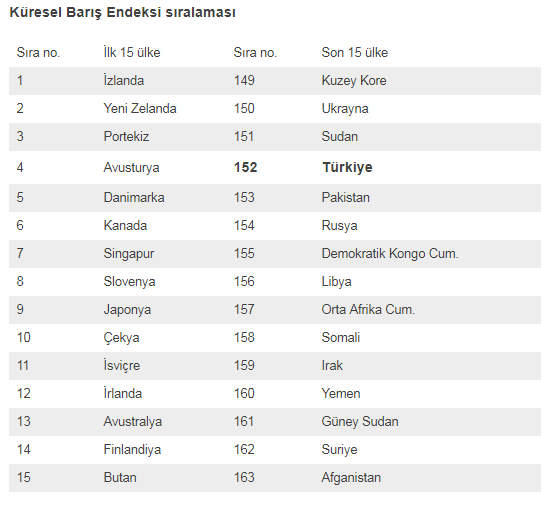
Answering to the Eurasia Diary’s questions, political analyst Maria Rosaria told that, the division of the Korean Peninsula is the clear sign that proves that the Cold War logic is still operating on the peninsula and one of the main causes of that is the “rivalry” between the two most important world powers, the U.S. and China. China needs the DPRK because without this buffer it will have the U.S. troops at its doorstep. Moreover, a collapse of the Kim regime will bring instability in the entire East Asian region. This in turn will be a threat for the Chinese economic development and so for the legitimacy of the Chinese Communist Party itself.
On the other hand, the U.S. doesn’t want China to regain the role it had in the past in the region, one of hegemony, so Washington exploits North Korea’s bellicose rhetoric and provocations as justifications for an increased American presence in the region. This has negatively affected cooperation between Beijing and Washington on policy towards North Korea so far, adding to the fact that in the power struggle for the hegemony in the region, American and Chinese interests regarding the Korean peninsula cannot converge.
Countries can be involved in resolution process as mediators
Expert considers that, Sweden can play well the role of mediator. This is one of few countries that has tried to find a diplomatic solution to the "North Korea problem”, analyzing it in a constructive and unbiased way, bringing the parties involved to the negotiation table, proposing roadmap for denuclearization, prioritizing dialogue and cooperation as means to achieve that. Lots of secret meeting between the U.S. and North Korea have occurred in Stockholm so far, also thanks to the traditional neutral status of the country, above all to the North Korean eyes.
Sweden has also an open embassy in Pyongyang, and the relations between the two countries’ diplomats, experts, advisors are developed and good. This is an unique favorable condition for Sweden in order to act as a mediator.
Possible solutions
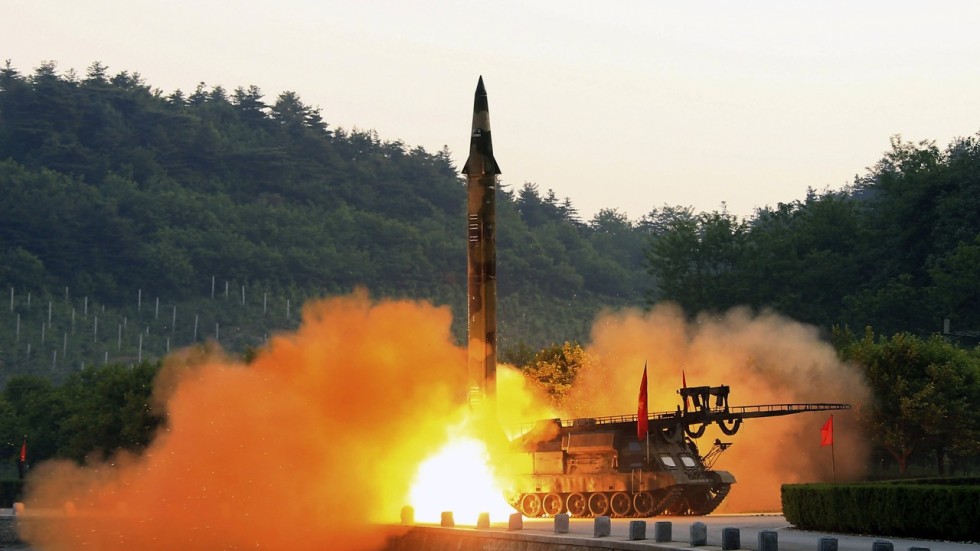
“I think that it’s crystal clear that the approach based on pressuring, isolating and sanctioning North Korea has failed, and the improvements in the country’s nuclear capabilities proves that,” told Maria Rosaria. She added that the outcomes of the choices of the Bush, Obama and Trump’s administrations so far have been disastrous, causing a spiral of actions and counteractions wherein the more the U.S. ignores North Korea, the more the latter erupts with nuclear and missiles tests, to which Washington (and the international community) responds with tougher sanction and deeper isolation.
This, in turn, induces Pyongyang to further signal its status as nuclear power and show the inefficacy of the UNSC resolutions. but contrary to the American expectations, the North Korean regime has neither surrendered its nuclear program development nor collapsed under the pressures caused by sanctions. Furthermore, military tensions in Northeast Asia have never been so high, with U.S. affirming it won’t take any options off the table in dealing with North Korea and a tough stance by Seoul also against Pyongyang. The U.S. should realize that the options to solve North Korean problem lie elsewhere. Pyongyang is not interested in discussing its nuclear and missile programs at a time when its nuclear power status is a pillar of the constitution of the country. Nor it is willing to bargain it for economic incentives from the U.S.
The international community should concentrate on security-building and crisis management activities in order to reduce tensions in the region and create an environment more conducive to dialogue.
Diplomacy will be crucial in order to try to find a balance between the interests of the parties involved and agree on a set of guiding principles that would constitute the basis for a future engagement toward the North Korean regime. In turn, this could allow for an effective roadmap to denuclearization in the long term.
“The DPRK and the nuclear question is not as depicted by the mainstream media, politicians…but I really think that only after the transformation of North Korea in a normal state other issues can be handled.”
Ms. Maria Rosaria also said that this is a long process that requires patience and resolution, that must prioritize the empowerment and wellbeing of the North Korean people and that implies to recognize the country for what it is, a de facto nuclear power lead by an capable young leader whose regime is not going to collapse anytime soon nor giving up its sole means of survival, i.e. the nuclear program. We should focus its efforts on opening a dialogue with the DPRK, socialize the country in the international community in order to operate “a change in people’s minds and in the North Korean institutions and behaviors”, to change the country in an incremental manner, as former President of the South Korea, Kim Dae-jung tried to do.
Bio: Maria Rosaria Coduti currently works as an Analyst on North Korea at NK News. She is a Blue Book Trainee at the European Commission, EEAS department, and a PhD Candidate at the School of East Asian Studies, University of Sheffield. She received both a BA and MA, with honors, at the School of Political Science of the University of Bologna . She has previously worked as Non-Resident Junior Research Fellow at ISDP and has written on North Korea for the Italian Institute for International Political Studies, North Korean Review Online and the Korea Economic Institute blog. Her research interests focus on domestic and foreign policy of the two Koreas and China, inter-Korean relations, nuclear and security issues in Northeast Asia, and cognitive foreign policy analysis and role theory.
Author: Farid Hasanov

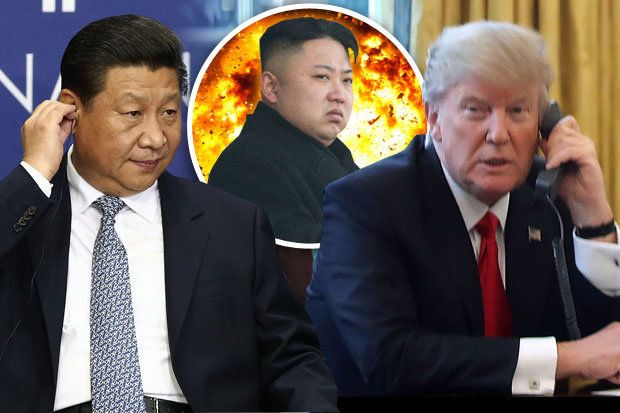



.jpeg)

